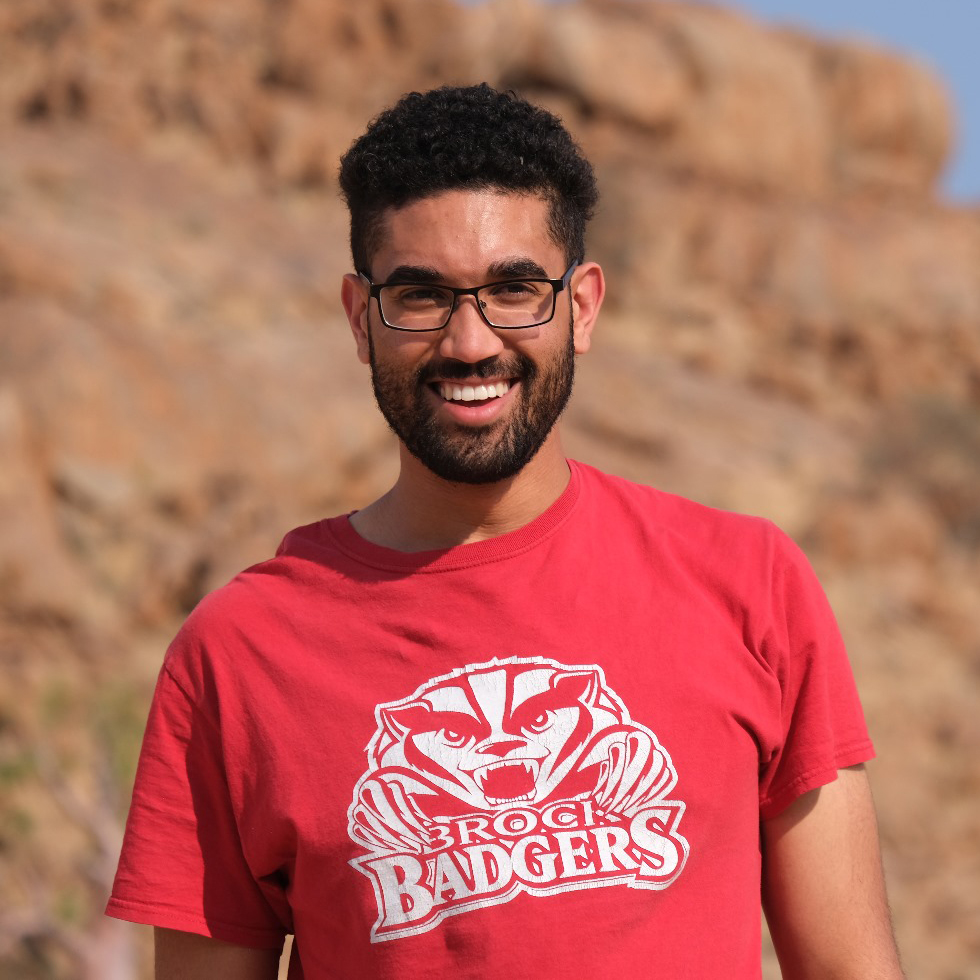International Experience Abounds for Students in Health Practicum Programs
When Jessica Liem (BSc ’21) realized she could complete her courses anywhere in the world while gaining international practicum experience this summer, New Zealand immediately came to mind.
The Brock University Master of Public Health / Master of Business Administration student was drawn to the island nation in the South Pacific Ocean in hopes of learning about a different health-care system, but one that shared similarities with that of Canada.
The Master of Public Health program is one of four professional graduate degree programs offered by the Faculty of Applied Health Sciences, with each offering practicum experiences, including international opportunities.
Brock’s Public Health graduate program requires at least 420 practicum hours, giving students hands-on experience working on community health projects. Its exclusively online format allowed Liem to study remotely from New Zealand and find a practicum placement with the Auckland District Health Board.
As a project co-ordinator in the Executive Services Office, Liem supported the daily operations of the hospital and its staff. Her work has focused on improvement projects, such as evaluating a newly built hospital ward, enhancing a new clinical document and writing staff policies.
“I’ve had the opportunity to lead some of my own projects, which I probably wouldn’t have been able to do if I had been hired to work in an entry-level position,” she said. “I’m really passionate about the changes you can make using a top-down approach and how it can ripple down to make really big impacts on clinical staff, patients and health-care outcomes.”

Brock University Master of Kinesiology student Kendel Hutchinson-Cotoc (BKin ’22) participated in an experiential learning opportunity in Namibia that examined global issues in health, education, poverty, power and privilege. He is pictured here exploring the Soussusvlei salt pan in the Namib Desert.
For Master of Professional Kinesiology (MPK) student Kendel Hutchinson-Cotoc (BKin ’22), practicum placements have offered a variety of new experiences, including travelling to Namibia this spring with a group of Brock Health Sciences and Kinesiology students to engage in an experiential learning opportunity examining global issues in health, education, poverty, power and privilege.
Students worked alongside local partners in Katutura to engage youth at early childhood education centres, soup kitchens, an after-school centre and an adaptive educational and rehabilitation centre.
“We were able to gain understanding of how things happen in this culture and in this country with the health-care system as well as provide some of our knowledge and skills to assist these partners,” he said.
One successful project involved offering a safe space for young men and boys to openly discuss health-related questions on topics such as consent and puberty. Another initiative Hutchinson-Cotoc led encouraged physical activity by teaching children how to play tennis.
Brock’s MPK program includes three practicum placements, each with a minimum of 150 hours of experience.
Since returning from Namibia, Hutchinson-Cotoc has spent the summer working with the ProActive Centre in St. Catharines, a multidisciplinary health clinic that offers chiropractic care, physiotherapy, naturopathy and massage therapy.
While shadowing chiropractor Dr. Desmond Stewart (BSc ’17), Hutchinson-Cotoc has observed manual techniques and adjustments for bones, joints and muscles; gained experience working with patient intake reports; and led rehabilitation programs.
The MPK program’s practicum placements have been important to Hutchinson-Cotoc because the COVID-19 pandemic limited his opportunities to gain professional experience during his undergraduate degree.
With three different practicums now complete, Hutchinson-Cotoc has narrowed his career aspirations to a manual practitioner role.
“After my time working with Dr. Dez, I do like the idea of chiropractics as a career and am also interested in osteopathy as a different approach to manual therapy,” he said. “I see the importance of exercise training and performance in rehabilitation settings, and I would like to use this as a tool in any practice I pursue in the future.”
A leader in experiential education in Canada, Brock offers more than 700 courses with experiential components that allow students to apply classroom learning to real-life challenges and situations.

